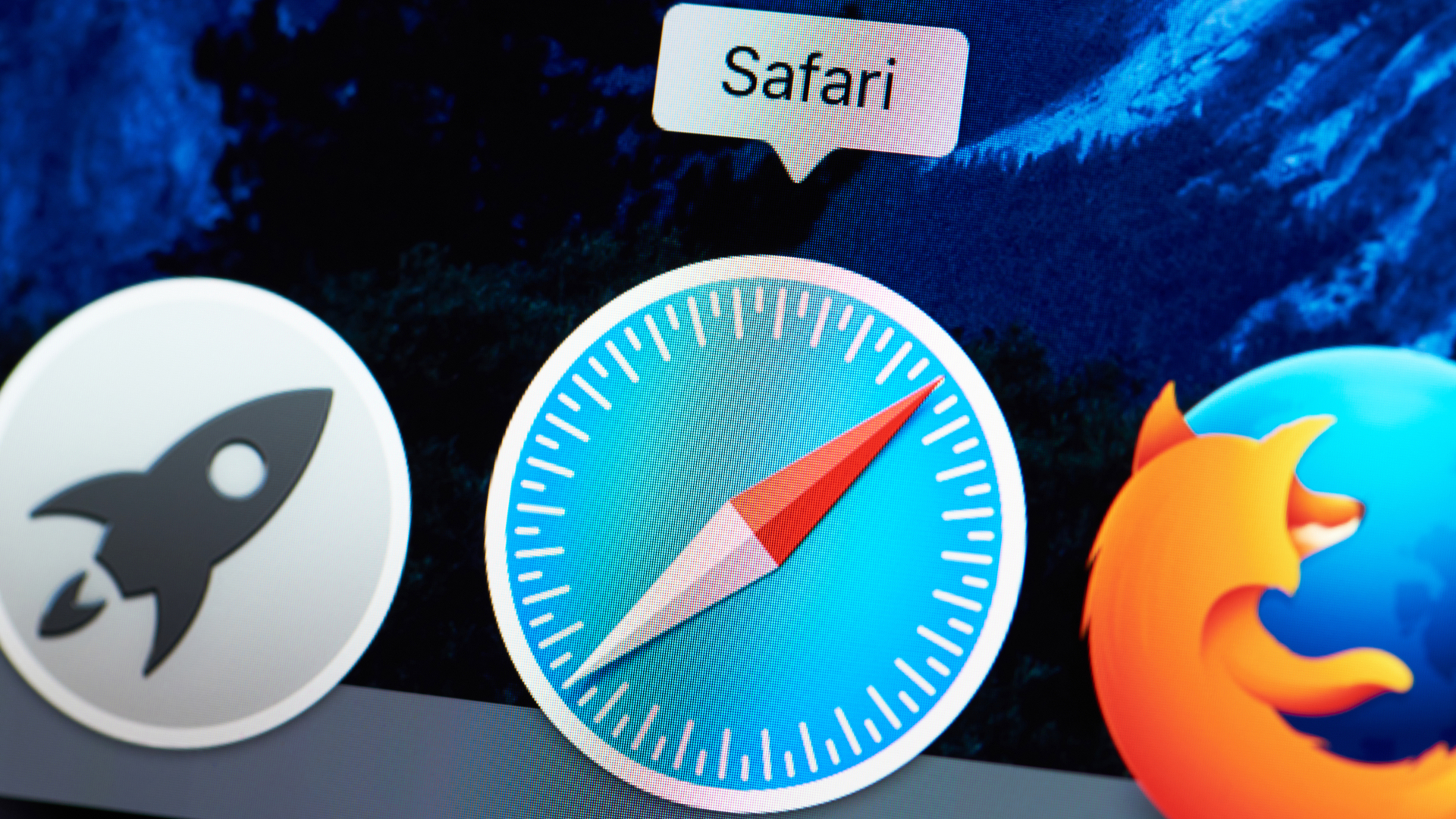Safari bug let hackers access cameras on iPhones and Macs
Apple patched the eavesdropping flaws in January and March


A security researcher has detailed his discovery of Safari browser flaws that could have allowed hackers to eavesdrop on users by hijacking the camera and microphone on their iOS and macOS devices.
Security researcher Ryan Pickren has published an account of how he found the vulnerabilities, which “allowed malicious websites to masquerade as trusted websites" when viewed on iPhones, iPads and Mac devices using Apple's Safari browser.
“Hackers could then use their fraudulent identity to invade users' privacy. This worked because Apple lets users permanently save their security settings on a per-website basis,” Pickren explained on his website. “If the malicious website wanted camera access, all it had to do was masquerade as a trusted video-conferencing website such as Skype or Zoom.”
Pickren disclosed his findings to Apple in December 2019 and the tech giant patched the vulnerabilities in January and March.
Mozilla fixes two Firefox zero-days being actively exploited Cyber security experts form coronavirus taskforce to combat ransomware attacks Hackers torn over how to adapt their tactics to the coronavirus pandemic NCA warns of spike in online threats to children during coronavirus lockdown What is private browsing and how can it keep you safe online?
Head of platform operations at edgescan, Ciaran Byrne, warned that the flaw could have threatened the security and confidentiality of many businesses
“In the current landscape where more and more people are working from home, this could be a very serious risk that may allow malicious actors snoop on official meetings and gain sensitive information,” he said.
“The regular face-to-face meetings have all moved to online meetings, and are continuing as normal. The takeaway here is that no platform is fully secure and that users need to be vigilant when visiting suspicious looking URLs in any browser.”
Get the ITPro daily newsletter
Sign up today and you will receive a free copy of our Future Focus 2025 report - the leading guidance on AI, cybersecurity and other IT challenges as per 700+ senior executives
Byrne advised employees to always verify the source and make sure not to click on any links. “Hackers are not taking a break due to the coronavirus outbreak,” he added.
The flaws could have also threatened the privacy of a large number of employees who are relying on video conferencing while being forced to self-isolate.
"With most people working remotely due to COVID-19, accessing webcams and microphones can have a severe impact not just to the organisation, but also to individuals home privacy,” said Javvad Malik, security awareness advocate at KnowBe4.
RELATED RESOURCE

“Like most attacks we see though, in order to be successful, this relies on a victim clicking on a malicious link. Therefore, it's vitally important that all staff are provided with adequate and timely security awareness and training so that they are aware of these kinds of issues, and know how to avoid falling victim, and reporting these to their IT teams.”
Malik added that, in order to maximise safety, “users should also consider disconnecting any external webcams when not in use, or apply a webcam cover”.
This is not the first vulnerability discovered in Safari. Earlier this year, Google researchers discovered significant security flaws in the browser’s privacy feature that allowed for user browsing behaviour to be tracked.
Having only graduated from City University in 2019, Sabina has already demonstrated her abilities as a keen writer and effective journalist. Currently a content writer for Drapers, Sabina spent a number of years writing for ITPro, specialising in networking and telecommunications, as well as charting the efforts of technology companies to improve their inclusion and diversity strategies, a topic close to her heart.
Sabina has also held a number of editorial roles at Harper's Bazaar, Cube Collective, and HighClouds.

